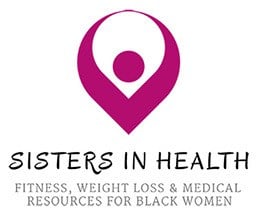This past week, food-borne infection has made the news. Due to possible E. coli contamination, the United States Department of Agriculture (USDA) announced a recall of over 167,000 pounds of ground beef. According to the USDA, All American Meats of Omaha (a Nebraska-based meat company) shipped products to retailers across the country. The recall includes 60 and 80 pound boxes of ground beef produced on October 16 with a November 3 “sell by” date. Click here for a complete list of products. Also in the news, Chipotle, the popular restaurant chain announced the closing of 43 stores in the Pacific Northwest due to E. coli infection. Thus far 39 individuals have been infected.
What is E. coli?
Escherichia coli (E. coli) is a bacteria that normally lives in the intestines of humans and animals. There are many strains of E. coli, most of which are harmless. But there are strains of E. coli, such as E. coli O157:H7 that can cause severe nausea, vomiting, abdominal pain and bloody diarrhea. Severe infection can lead to life-threatening kidney failure. Infection with E. coli is possible if you come in contact with contaminated food, unpasteurized milk or water. Highest risk of infection comes from raw vegetables and undercooked ground beef. Cross contamination between produce and meats can occur when kitchen staff fail to keep produce and meat apart by not using separate knives and cutting boards. In addition, person to person contact is possible when people fail to properly wash their hands.
What are the symptoms of E. coli infection?
It usually takes three to four days from the time you ingest contaminated food until you start showing symptoms. Also, depending on the amount of bacteria ingested, symptoms may be present as early as one day or as late as one week. Symptoms of E. coli infection include:
- Diarrhea. The diarrhea can turn bloody.
- Abdominal cramping or abdominal pain.
- Nausea and vomiting
When diarrhea is severe and persistent, people can become critically dehydrated. Also, life-threatening kidney failure can be a complication of E. coli infection.
When to seek medical care?
Young children and the elderly are at greatest risk of complications. Seek medical attention when the diarrhea is either severe, persistent or bloody. The sooner you get medical attention, the more likely you will be able to avoid life-threatening complications.









